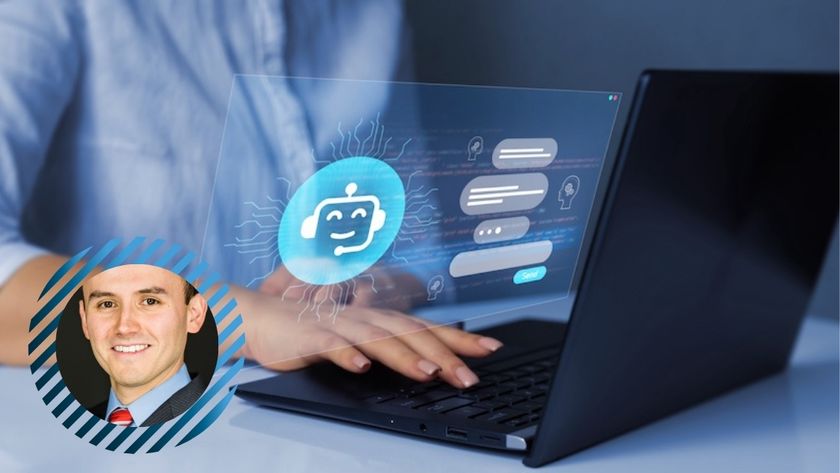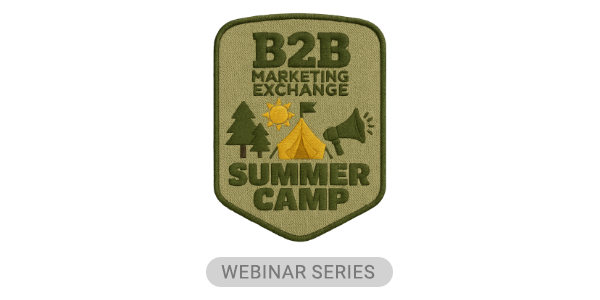Generative artificial intelligence (AI) tools are increasingly essential to marketers, and new research is shedding light on the extent to which AI agents add value to collaborative marketing efforts.
A large-scale study involving over 2,300 participants recently conducted by researchers at Massachusetts Institute of Technology (MIT), found AI agents boosted team productivity by 60% per employee without sacrificing performance. The research, leveraging a platform designed to facilitate human and AI collaboration, aimed to explore how AI agents influence teamwork, productivity, and performance in collaborative settings.
Study participants, divided into human-only and human-AI teams, were assessed on a myriad of collaborative marketing related tasks. Among the notable findings, researchers discovered that human-AI teams:
- Sent 23% fewer social messages, cutting down on “noise” and gaining efficiencies
- Focused 23% more on content creation tasks, such as writing and image generation
- Spent 20% less time on direct text editing, which is one of the most time-consuming parts of campaign work
Comparing advertisements made by both groups, researchers concluded the deliverables from human-AI teams were as good as those made by human beings alone. The research addressed how human-AI teams work best together as well. By randomizing AI personality traits to understand how complementary they were to human personalities, researchers found conscientious humans paired with open AI agents created higher-quality images. However, both the quality of texts and images decreased when extroverted humans were matched with conscientious AI agents.
AI Agents: From Tools to Teammates
Commenting on these findings, Saul Marquez, CEO and Founder of Outcomes Rocket, a worldwide digital marketing agency that focuses on healthcare, said, “The parity of performance and 60% more productivity demonstrates what we are already experiencing in the marketing sector: AI not only speeds up work, but also enhances team collaboration.”
For Marquez, these results reinforce the business case for the integration of AI as an indispensable tool for marketers. “AI-enabled marketing liberate marketers to do what they excel at most, namely think strategically and produce powerful content by taking over repetitive duties.” He further noted that personality-tuned AI is a strategy marketers should embrace. “Leaders will need to carefully consider AI agents just like how they consider hiring or the composition of a team. Chemistry matters.”
With agentic AI systems becoming more advanced, experts like Marquez believe the conversation must shift from “Should we use AI?” to “How do we build teams around it and take the most advantage out of the investment?”
“The same way we are forced to learn how to manage remote teams thanks to the pandemic, now we are forced to learn how to manage AI teammates,” Marquez says. “The future of marketing is hybrid and human.”
Beyond Efficiency: The Shift in Team Dynamics
What’s particularly striking about this study is the way AI is changing the dynamics of team collaboration itself.
By reducing the need for back-and-forth messaging, AI helps create more focused work environments. This has implications for reducing workplace fatigue, increasing output consistency, and streamlining creative cycles. In short, AI isn’t just speeding things up; it’s decluttering how we work.
Marketers often work in environments where multitasking is the norm and attention is fragmented. Tools that can absorb or deflect low-value tasks, like repeated edits or idea generation dead-ends, are a necessity for competing at today’s speed.
Organizational Implications
The MIT research points to a subtle but important shift in how we think about organizational structure. If AI agents can be designed with traits that mimic or complement team members’ personalities, then future hiring strategies may begin to include AI fit assessments as part of team design. In practice, this might look like pairing a data-driven strategist with a more open AI agent to enhance exploration of creative directions, or assigning a detail-oriented copywriter an AI tool that prioritizes consistency and tone fidelity.
Looking ahead, that evolution comes with both opportunity and responsibility. As these agents become more capable and more customizable, leaders will need to rethink how they train, onboard, and measure team success.
We’re just beginning to scratch the surface of what’s possible when human creativity and AI capability are in sync. The businesses that thrive will be those that not only embrace the technology but also evolve their culture to support it.
AI is redefining the role. And for those willing to lead the shift in efficiency, quality, and creativity are already here.
 Saul Marquez, CEO and Founder of Outcomes Rocket, a global digital marketing agency serving healthcare clients exclusively. He has over twenty years of experience in sales and B2B marketing.
Saul Marquez, CEO and Founder of Outcomes Rocket, a global digital marketing agency serving healthcare clients exclusively. He has over twenty years of experience in sales and B2B marketing.







